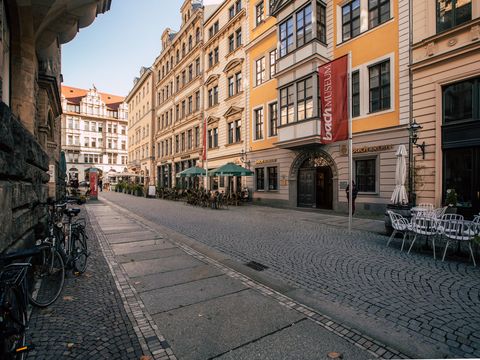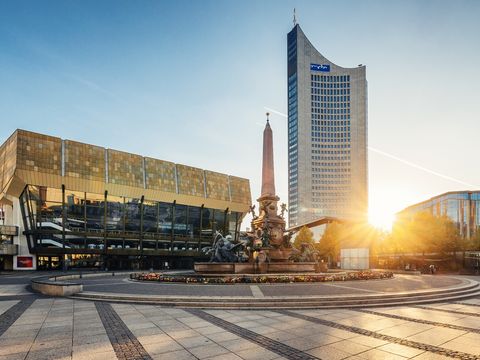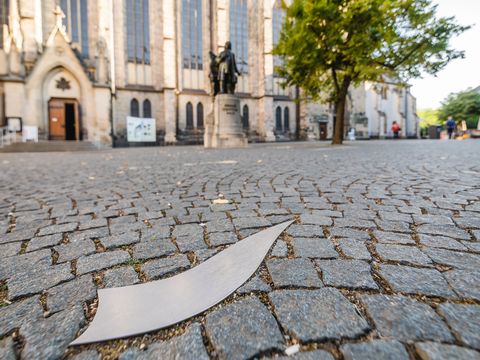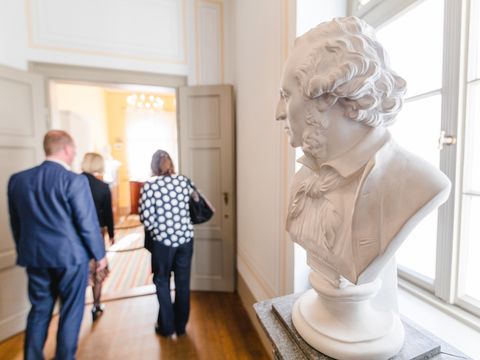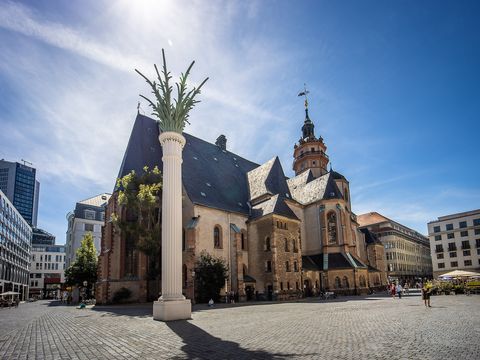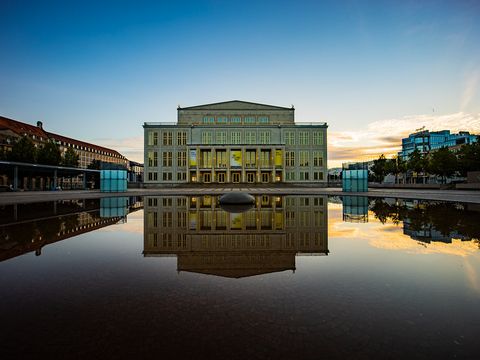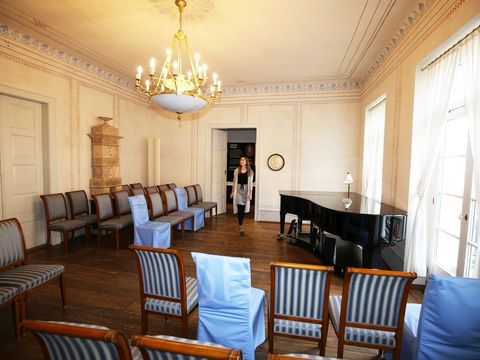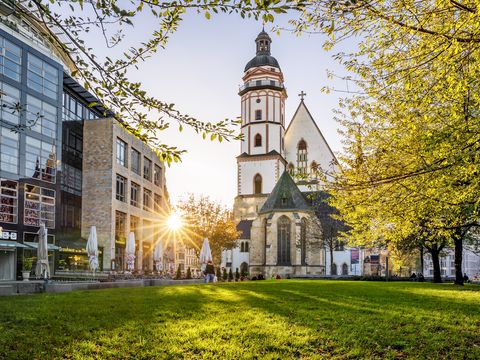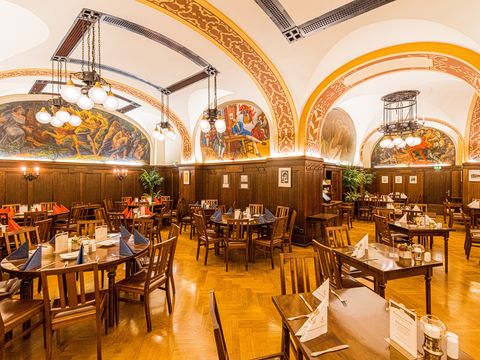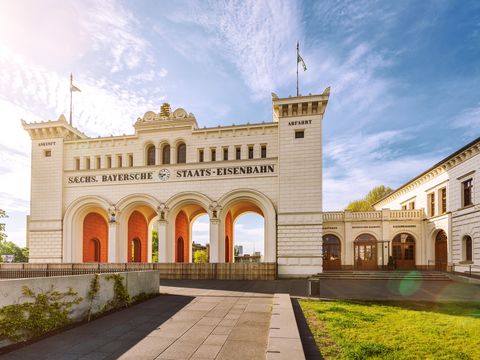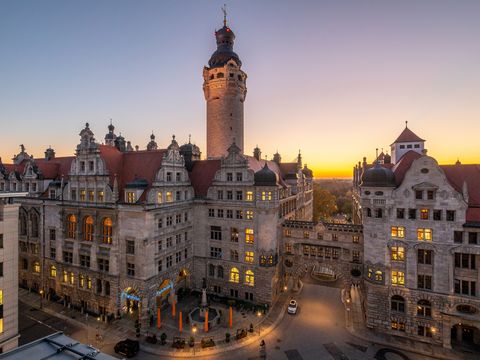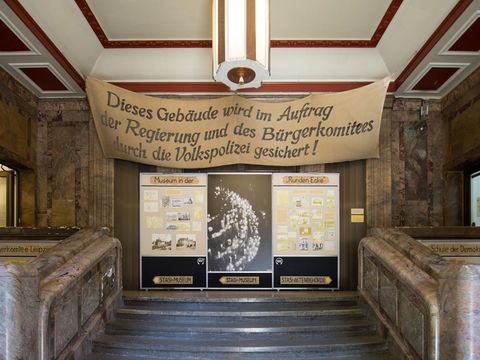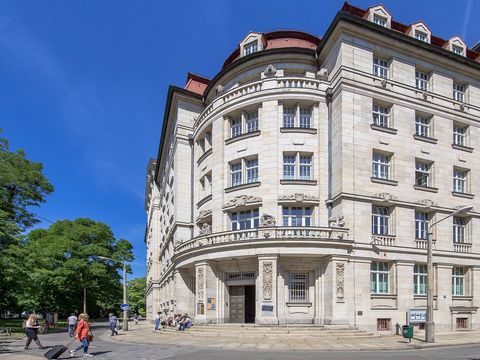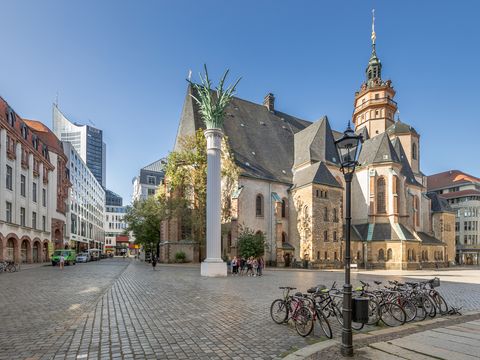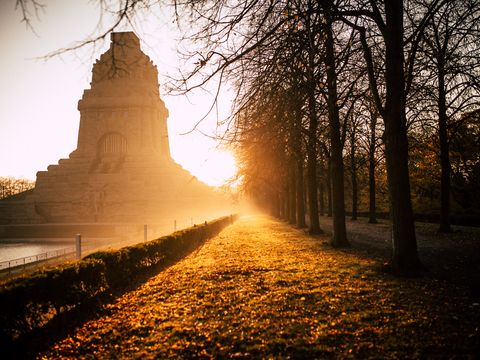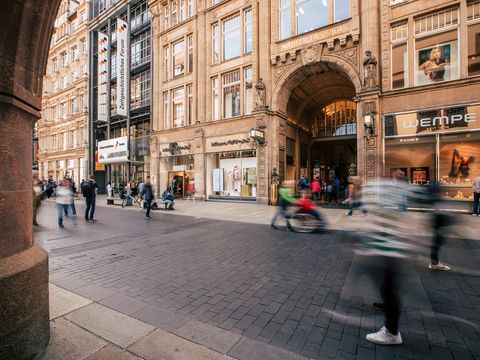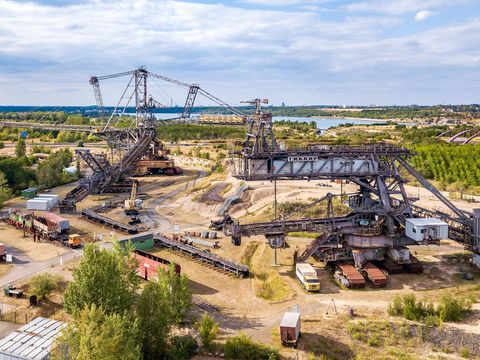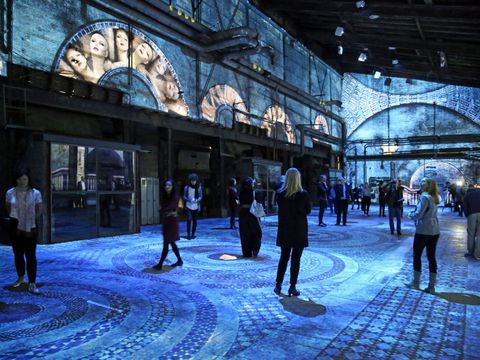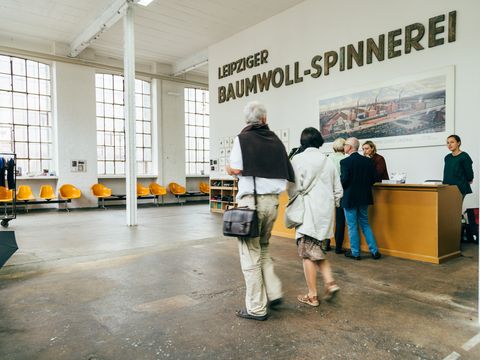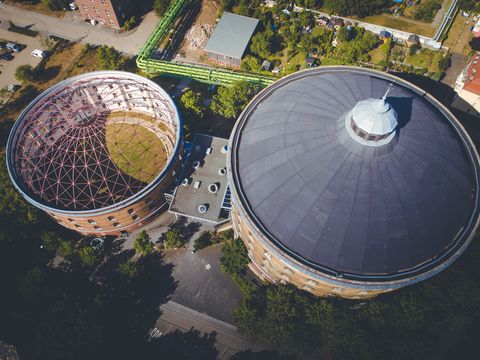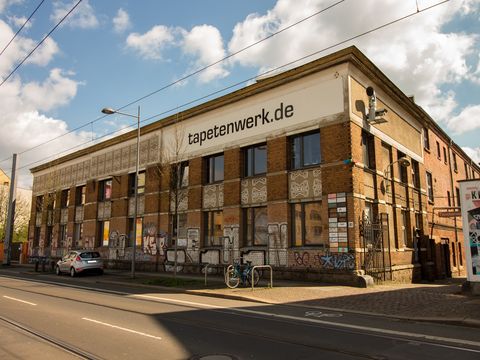On a lively tour of the home of the Schumanns, you will learn more about the two artists and the people they were, as well as how their former residence is used today.
How about a fascinating group tour followed by a private concert in the historic Schumann Hall? Or book “Flitterjahre” – a musical journey through time with piano and vocals.
Be sure not to miss the sound room in Leipzig’s Schumann-Haus. It is an interactive sound installation by the artist Erwin Stache. Combining Schumann’s time with modern technology, it invites visitors to experiment with music.
Learn to play with melodies and sounds in a sound space workshop. Combined with a lively museum tour, a visit to the Schumann-Haus is a very special experience.
